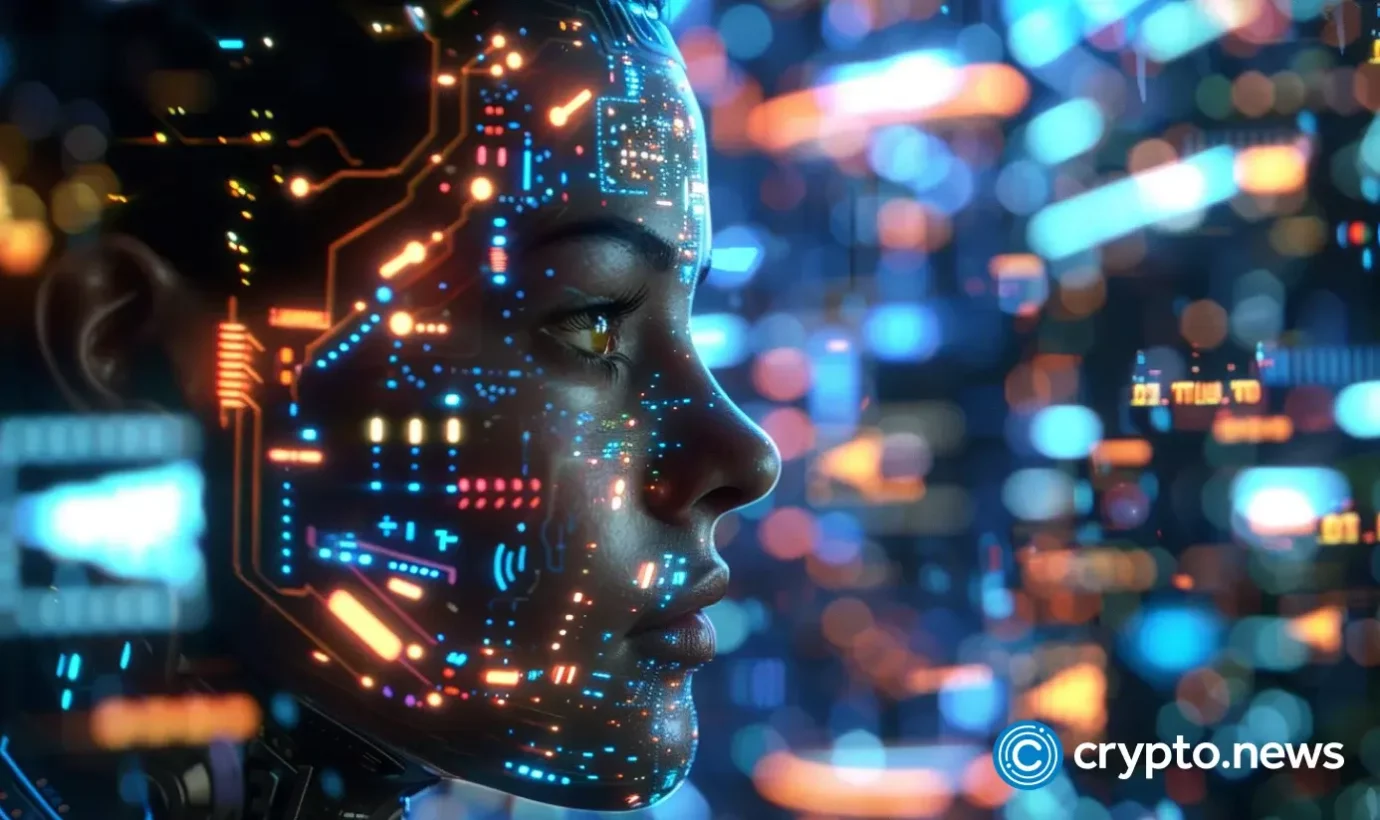AI-integrated blockchains can herald development environments | Opinion

Disclosure: The views and opinions expressed here belong solely to the author and do not represent the views and opinions of crypto.news’ editorial.
Blockchain is among the most prominent tech buzzwords today, and rightly so. For a technology that started out as a means to democratize user authority in several sectors, blockchain has moved beyond the realm of technical whitepapers to real-world applications impacting several consumer-facing domains. However, with growing demand, its limitations are becoming quite apparent. Not to mention the burgeoning development cost for developers looking to test and build their own networks. So how can the ecosystem make space for the next wave of builders?
Without doubt, as the blockchain skill gap widens globally, it’s up to the ecosystem’s biggest participants to empower builders with simplified production environments. The dominance of a few leading networks has highlighted both the strengths and weaknesses of a one-size-fits-all approach. Which is why we need more developers boldly deploying solutions targeted at specific segments such as financial services, healthcare, gaming etc.
The blockchain trilemma of scalability, security, and throughput remains, and this is where the integration of on-chain AI holds the key to ensuring networks are more responsive and naturally evolving with user needs. If done right, custom networks can enable alternative blockchain infrastructures to be tailored to the specific needs of different sectors, requiring a trustless system for 100% data privacy, scalability, and speed.
We are already seeing L2s like rollups and side chains provide a practical workaround by processing transactions off the main chain. This significantly increases throughput without compromising the security of the underlying L1.
Can AI on-chain be the future of low-code development?
AI’s role in blockchain goes beyond just enhancing functionality and efficiency. AI-integrated networks can optimise operations like transaction validation and network security management by dynamically adjusting blockchain parameters in real-time. This ability to predict and manage network load allows for more efficient distribution of transactions across shards or rollups, reducing latency and significantly boosting scalability.
By enabling developers to create their own AI-integrated L1 and L2 solutions, the reliance on major networks can be reduced. Diversifying the blockchain landscape further helps avoid monopolies and fosters a healthier, more competitive environment that spreads out associated risks.
Several platforms have begun to illustrate the benefits of this approach. For instance, L2 solutions like zero-knowledge rollups and optimistic rollups on the Ethereum network have successfully reduced transaction costs and increased throughput without compromising the security of the underlying blockchain. These technologies use complex cryptographic techniques to process transactions off the main chain, demonstrating the potential for scalability and efficiency.
Despite these advancements, integrating AI into blockchain is not without challenges. The computational intensity of AI models, the ethical implications of autonomous systems, and the regulatory hurdles associated with new technologies require careful consideration and proactive management.
All said and done, the future of blockchain technology needs to embrace flexibility, innovation, and, above all, customization. To make this a reality, though, developers, stakeholders, and regulators need to come together to support the evolution of blockchain into a tool as diverse as the industries it aims to transform. This approach will not only solve current challenges but also pave the way for a future where blockchain technology is central to global digital infrastructure, supporting everything from economic transactions to securing sensitive data, all the while maintaining the integrity and efficiency that users demand.














